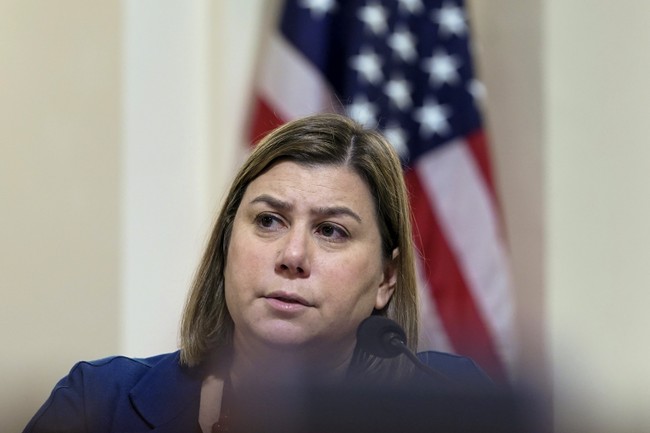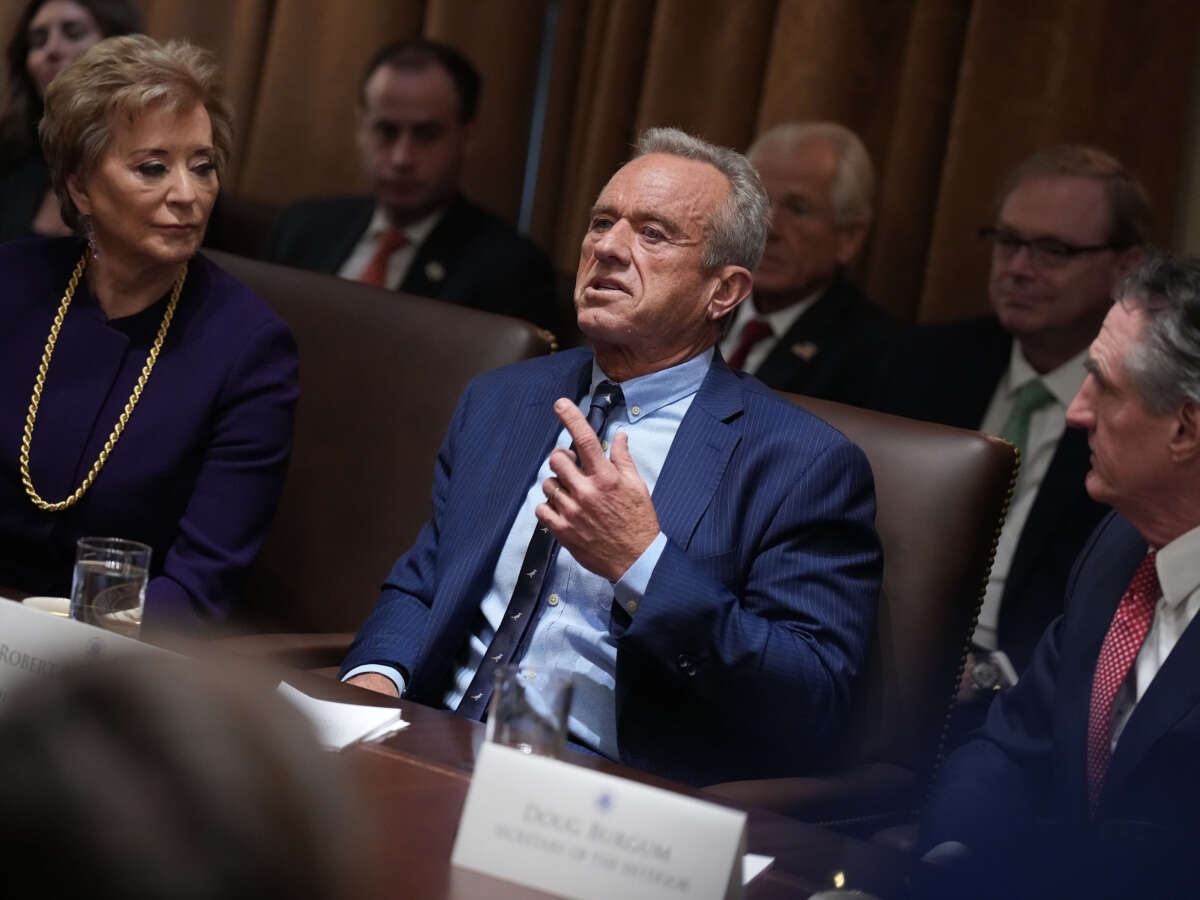ARTICLE AD BOX
DWORP, Belgium — Meet the man who’s making Belgium shake to its core.
Belgian politics has been distracted by “gender nonsense, climate madness and — ‘oh no’ — the end of the world!” bellowed Tom Van Grieken, the leader of Flanders’ far-right Vlaams Belang party in a campaign speech at a pub in a town south of Brussels.
“What more and more Flemish people are worried about,” he said in the little strip of Flanders that’s squeezed between the capital and the French-Flemish language border with Wallonia, is “not the end of the world, but the end of the month!”
Van Grieken has been on an anti-migration, anti-environmentalist, anti-woke warpath that is set to end in a crushing victory in national, regional and European elections on Sunday.
His party’s rise casts a shadow over the future of the small Benelux country, where power is divided between the federal government, three language communities (Flemish, French-speaking and German), and three regions (Flanders, Wallonia and Brussels). Flanders is the richer region, which, through federal mechanisms like social security, contributes more to national budgets than the others.
Belgium’s Byzantine state structure and political divide between Francophone and Flemish communities have made governing hard. Its current federal government includes seven parties. It already holds the world record for the longest period without a government, needing 541 days in 2010-2011 to reach a coalition agreement.
What separates Vlaams Belang from other far-right parties surging across Europe is its ultimate goal: To separate the northern region of Flanders from the French-speaking, left-leaning southern region of Wallonia.
Vlaams Belang supporters showed up in droves to see Van Grieken in Dworp. Their enthusiasm foreshadowed what many expect will happen on Sunday: Vlaams Belang is projected to become Belgium’s biggest party with around 26 percent of Flemish votes.
 Tom Van Grieken, the leader of Flanders’ far-right Vlaams Belang party has been focused on anti-migration. | Simon Wohlfahrt/Getty Images
Tom Van Grieken, the leader of Flanders’ far-right Vlaams Belang party has been focused on anti-migration. | Simon Wohlfahrt/Getty ImagesBeyond opposing immigration, its campaign has tapped into discontent over security issues and rising costs. For Vlaams Belang, this far-right, ultraconservative platform is linked to a separatist agenda, as it looks to split Belgium in half.
“Flemish money should first and foremost go to Flemish families!” said Van Grieken — a jab at both public spending to help immigrants and to support Wallonia. His audience cheered.
A founding member of the European Union, Belgium hosts seats of the major EU institutions as well as the headquarters of the North Atlantic Treaty Organization (NATO).
That role as an international political hub is at stake if Vlaams Belang’s dreams to secede come true. A split of the country would also cause shockwaves across Europe, where regions from Scotland to Catalonia have sought to secede in the past decade but attempts have hit legal, procedural and political dead ends.
How (not) to cut a country in half
For its party platform, Vlaams Belang has taken a page from the playbook of the 1992 separation of Czechoslovakia into the Czech Republic and Slovakia.
It wants an “orderly separation” of Belgium, Tom Vandendriessche, member of the European Parliament and the party’s chief ideologue, told POLITICO.
The starting point would be a “declaration of sovereignty” in the regional Flemish Parliament. That would force Wallonia’s regional government to start negotiating a separation, Vandendriessche said, laying out how everything from army assets to the country’s national debt would be split.
Vlaams Belang wants to give Walloon counterparts five years to reach a deal. If there is no deal, Flanders would unilaterally declare its independence.
The problem? Very few politicians and analysts outside of Vlaams Belang believe in the plan.
 A unilateral declaration of independence would mean Flanders would cut its ties to Brussels. | Kenzo Tribouillard/Getty Images
A unilateral declaration of independence would mean Flanders would cut its ties to Brussels. | Kenzo Tribouillard/Getty Images“That’s science fiction,” said Carl Devos, a prominent political analyst and professor at Ghent University. “With the national debt, with social security, with Brussels … The idea that you can do this within five years is, of course, total nonsense.”
Van Grieken’s most obvious partner in realizing secession is the New Flemish Alliance (N-VA), the only other Flemish party to advocate for independence. Polls indicate that N-VA and Vlaams Belang together could win close to 50 percent of the Flemish vote. But the N-VA’s leader, Bart De Wever, has blasted Vlaams Belang’s plans, warning it would trigger a “Catalan scenario” of chaos and turmoil.
A unilateral declaration of independence would mean Flanders would cut its ties to Brussels — the nation’s and even the region’s own capital — and would exit the EU, De Wever told Van Grieken in a recent TV show. “That’s crazy. Nobody believes in that,” he said. The N-VA instead pitches a medium-term transformation of the country into a “confederal” state with minimal powers at the national level.
Vlaams Belang’s Vandendriessche dismissed the warnings that secession would lead to chaos. “Catalonia is a minority in the periphery of Europe. We are a majority in the heart of Europe,” he said.
Belgian Bardella
Despite leading in the polls, Vlaams Belang is almost entirely blocked from getting into power.
All other major political parties in Belgium have a long-standing tradition called the cordon sanitaire that bars the party from power because of its extreme positions (and its predecessor’s conviction for racism in 2004).
That’s where Van Grieken comes in.
Much like France’s National Rally leader Jordan Bardella, Van Grieken — just 28 when he became the party’s president — is making the party feel more polished, energetic and younger.
His hair is always neatly combed, and with a boyish grin on his face, Van Grieken communicates his party’s often radical messages with a mischievous twinkle in the eye. Voters find him likable, he said, even when they voiced a distaste for his party.
“What I do see as my own merit, if you can put that down modestly, is that I’ve broken through the social cordon,” he told POLITICO.
As he walked through a garage sale on a Colruyt supermarket parking lot — his first campaign stop that day — three young women stopped him for a selfie. An older man pulled him aside for a quick chat: “I’m definitely voting for you,” the man said.
Van Grieken’s campaign, with its main slogan “Flanders ours again,” has struck a chord with young voters, particularly men. The party outspends all other Belgian parties on social media, often with conservative messaging around topics like migration and warnings of the “woke” left.
Slowly but surely, Van Grieken’s leadership means the taboo on voting for the far-right party is dissipating.
 Despite leading in the polls, Vlaams Belang is almost entirely blocked from getting into power. | Hatim Belga/Getty Images
Despite leading in the polls, Vlaams Belang is almost entirely blocked from getting into power. | Hatim Belga/Getty ImagesVlaams Belang is “right-wing, but not too much,” one supporter said at another campaign stop, in the northern village of Berendrecht, where locals had gathered to watch a cycling race.
Breaking the barrier to power
On cultural issues, Vlaams Belang clashes heavily with Belgium’s overwhelmingly liberal norms. It leans heavily conservative on issues like abortion and same-sex adoption.
In recent weeks, its radical positions on LGBTQ+ issues have isolated it even further from other parties. “The real extremists are people who deny that there are only men and women,” Van Grieken recently said, responding to a derogatory statement a Vlaams Belang MP had made about Petra De Sutter, Belgian deputy prime minister and a trans woman. Party militants have waged an online campaign bashing De Sutter with memes mocking her gender identity, local media reported this week.
The party has faced long-standing questions about its ties to foreign authoritarian regimes — which Van Grieken has failed to address adequately.
Filip Dewinter, once the party’s political heavyweight, in past months faced accusations of working closely with a Chinese spy, according to an investigation by local media. The party last December expelled its former senator Frank Creyelman over accusations that he was recruited by the Chinese secret service.
The party’s relationship with Russia has also raised concerns in the past. In 2014, three of its regional parliament members traveled to Crimea to “observe” the sham referendum on its status. More recently, its European Parliament member Vandendriessche was featured in videos from the online channel Voice of Europe that was deemed a pro-Russian propaganda tool meddling in European affairs by Czech and Belgian intelligence services.
The controversies and extreme positions have kept the door shut for Vlaams Belang in its attempts to govern. All other parties have dismissed governing with Van Grieken after the June 9 vote — at any government level.
Van Grieken has made it his mission to break the cordon sanitaire. For now, that means growing the far-right voting bloc even more to make sure his party controls the political process in Belgium. The fact that its ally in the Netherlands, Geert Wilders, has managed to do just that is a “hopeful sign,” Van Grieken said.
Speaking to supporters in Dworp, the party president underlined his mission: “Only when our party can become the biggest party, only then will the Flemish be listened to … and will Flanders be ours again.”
“Flanders,” Van Grieken yelled.
“Ours!” roared the crowd.
.png)
 8 months ago
19
8 months ago
19








 English (US)
English (US)